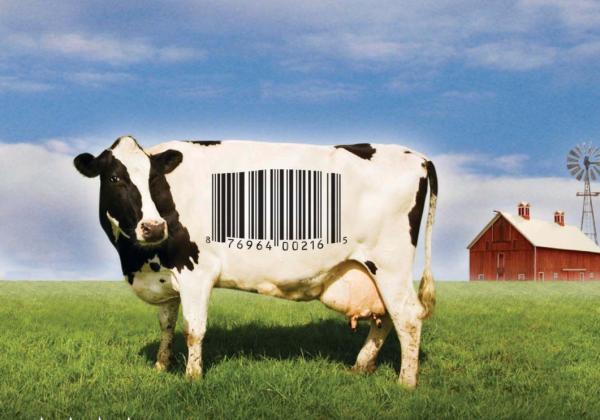
Check out our discussion guide to use high school classrooms to accompany the Academy Award nominated documentary (available in English and Spanish).

Do people have the right to know what is in their food? Should companies be able to own the DNA contained in plant seeds? When deciding what to eat, how much should we consider the workers who pick, process, and transport our food?
These are some of the questions high school students are encouraged to consider in the new Food, Inc. Discussion Guide, developed by the Center for Ecoliteracy and released by Participant Media, the Los Angeles-based entertainment company that produced An Inconvenient Truth, Darfur Now, and The Kite Runner.

This teacher's guide is a companion to the Academy Award-nominated documentary Food, Inc., which takes a critical look at the industrialization of our country's food supply. Participant Media produced the film in collaboration with River Road Entertainment and Magnolia Pictures.
"Food, Inc. has helped launch a vibrant national conversation about the future of food and farming in America," says Michael Pollan, bestselling author of In Defense of Food: An Eater's Manifesto and The Omnivore's Dilemma. "Now the Center for Ecoliteracy's invaluable teacher's guide will help to bring that conversation into the classroom."
The 102-page guide provides questions and activities about the film's themes, including health, sustainability, animal welfare, and workers' rights. It is designed to help high school students make more thoughtful choices about food and participate in a meaningful dialogue about food and food systems.
"This resource demonstrates how to make choices that promote well-being by honoring nature's ways of sustaining life," says Zenobia Barlow, cofounder and executive director of the Center for Ecoliteracy.
The guide suggests questions to promote critical thinking and understanding of complex issues. Rather than present specific points of view, the discussion questions are designed to help students examine the issues through a deeper exploration of their own thinking.